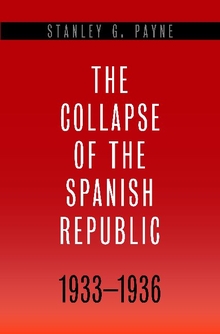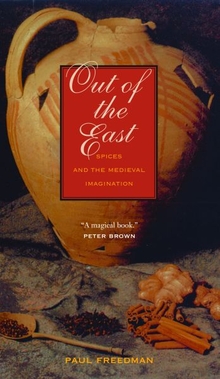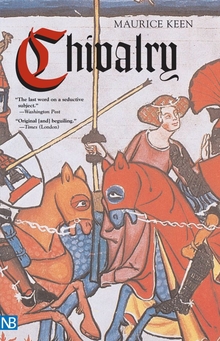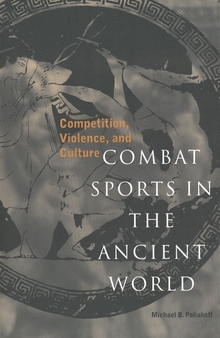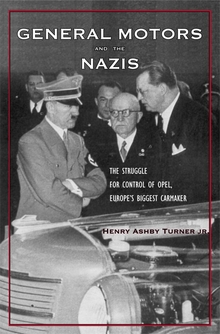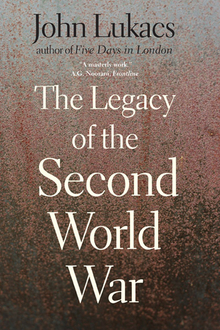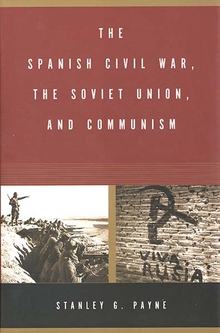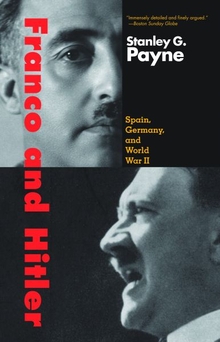The Collapse of the Spanish Republic, 1933-1936
WARNING
You are viewing an older version of the Yalebooks website. Please visit out new website with more updated information and a better user experience: https://www.yalebooks.com
Origins of the Civil War
Stanley G. Payne
The breakdown of political coalitions and the internal rifts between Spain’s bourgeois and labor classes sparked many instances of violent dissent in the mid-1930s. The book addresses the election of 1933 and the destabilizing insurrection that followed, Alcalá Zamora's failed attempts to control the major parties, and the backlash that resulted. The alliances of the socialist left with communism and the right with fascism are also explored, as is the role of forces outside Spain in spurring the violence that eventually exploded into war.
"An outstanding book by one of the most distinguished scholars in the field."—Juan J. Linz, Yale University
"This is the most compelling analysis of the origins of the Spanish Civil War that I know."—Michael Seidman, University of North Carolina-Wilmington
“Using primarily secondary published sources, including recent monographs and doctoral dissertations, Payne argues the Republican’s political inexperience, philosophical differences, anticlericalism, illegal land seizures, restrictions on civil liberties such as freedom of the press, and ineffectiveness at curbing violence . . . are among the chief explanations for the republic’s collapse. . . .Highly recommended.”—Choice
Publication Date: May 31, 2006

